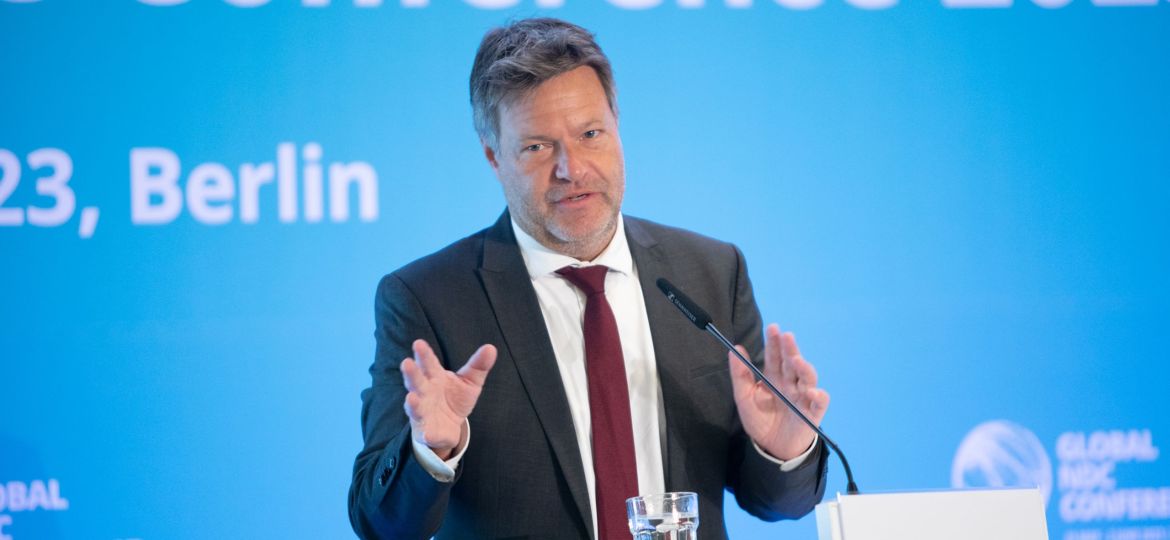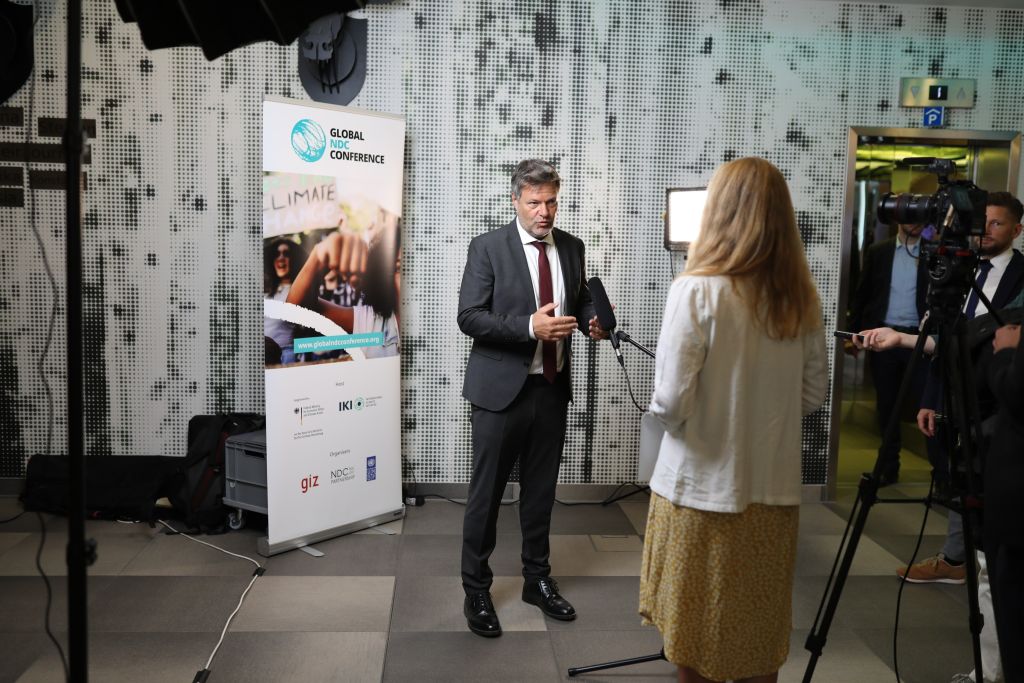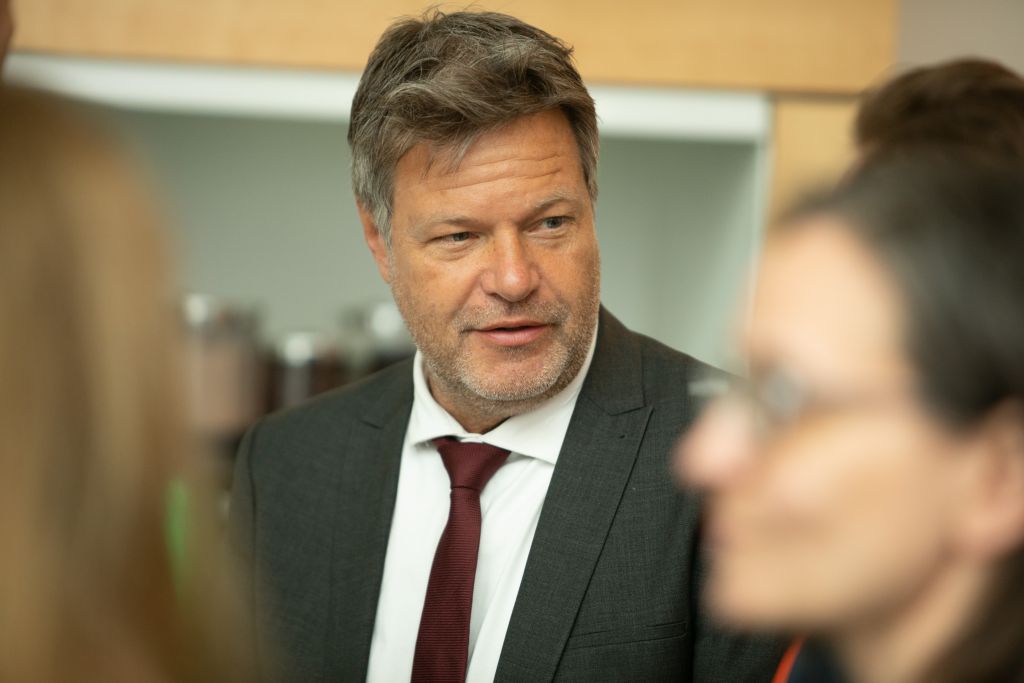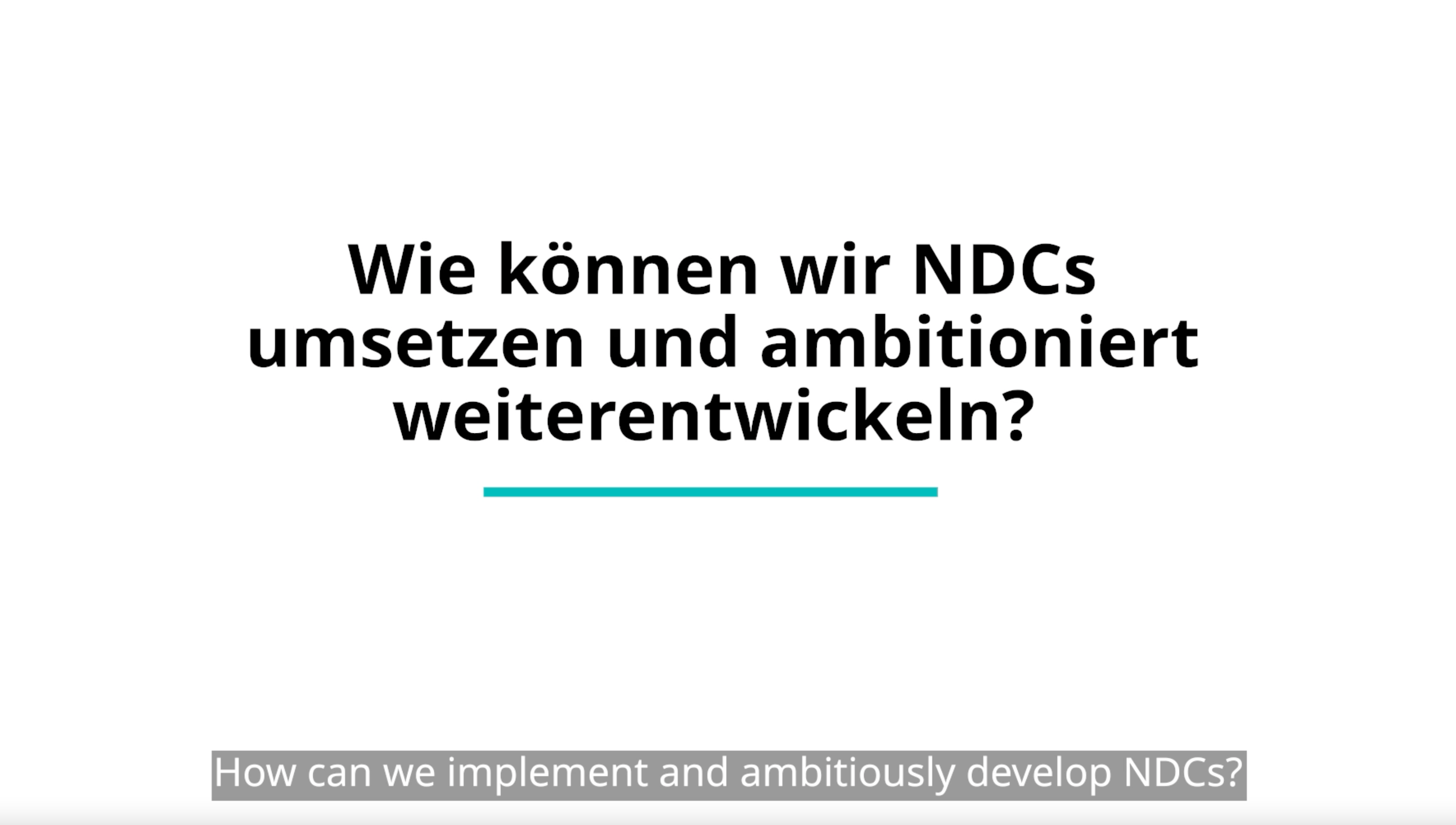
Under the topic of mobilising finance for NDC implementation, the second day of the Global NDC Conference 2023 started with the keynote speech of Robert Habeck, Federal Minister for Economic Affairs and Climate Action of Germany. In his speech, Habeck pointed out the relevance of the year 2030 as a decisive year for the world’s efforts to combat climate change. In the next seven years, the Minister said, the world needs to halve emissions to limit global warming and related climate impacts to a tolerable level for our biodiversity.
"It is in the self-interest of every country, and every economy, to set a successful climate policy. The focus of our economic activities today puts a question mark on the future prosperity and development all over the world."—Minister Robert Habeck

Minister Robert Habeck also touched upon the necessary transformations that need to take place to achieve the world’s climate goals. According to Habeck, the green transformation does not only create winners. Like in other transformations, there are trade-offs. In such process, there is a need for the public sector to accompany the global, social, and ecological transformation based on the following success factors:
Policymakers worldwide must increasingly accept their responsibility to shape change and enable implementation
Particularly in rich countries, this would mean implementing decarbonisation efforts as quickly as possible, supporting developing and emerging countries in their climate efforts (both for adaptation and mitigation).
We need a clear, reliable, and forward-looking political framework, to ensure that our change and economic focus works in the long term.
In this sense, Nationally Determined Contributions (NDCs) and Long-term Strategies (LTS) are an important first step in the right direction.
We will need to change the cashflow if we are to meet our climate targets...
by redirecting public and private investment away from activities that damage the climate towards the expansion of renewables and green technologies. Parameters of the financial sector must adapt in such a way that global finance serves to the global transformation and energy transition.
The public sector should play an active part in setting the right framework, giving the right incentives to reduce the gaps between ambitious climate targets and private sector investment mobilisation—because public funding alone will not come close to cover the global need for investment. Nations and economies need to shape the policy framework whilst not forgetting that the actual transformation happens at the individual companies.
Public-private partnerships are essential to mobilise private sector investments in climate action. In this context, industrialised countries need to provide especial support to international climate funding. For example, Germany has pledged to increase its annual international climate contribution to 6 billion from the Federal budget by 2025.
All these ideas are driven by one basic concept: we can only shape a green future if we work together (both nationally and internationally).
Particularly, at the international level, we need more cooperation and not less, identified Minister Habeck. An example of this is an open and inclusive Climate Club that would lead to a coordinated industrial decarbonization, while encouraging international partnerships and cooperation to help countries restructure their industry in a social and just way.

"The third Global NDC Conference shows that we are not starting from scratch but that we build on existing partnerships (…) Let us continue to display political courage as we work to shape a future worth living in. With policies that foster investment in forward looking technologies, cooperation and partnerships that pave the way to an ecological and sustainable economy."—said Minister Habeck
Interview to Minister Robert Habeck
Check out Minister Habeck’s interview about the implementation and development of ambitious NDCs.



